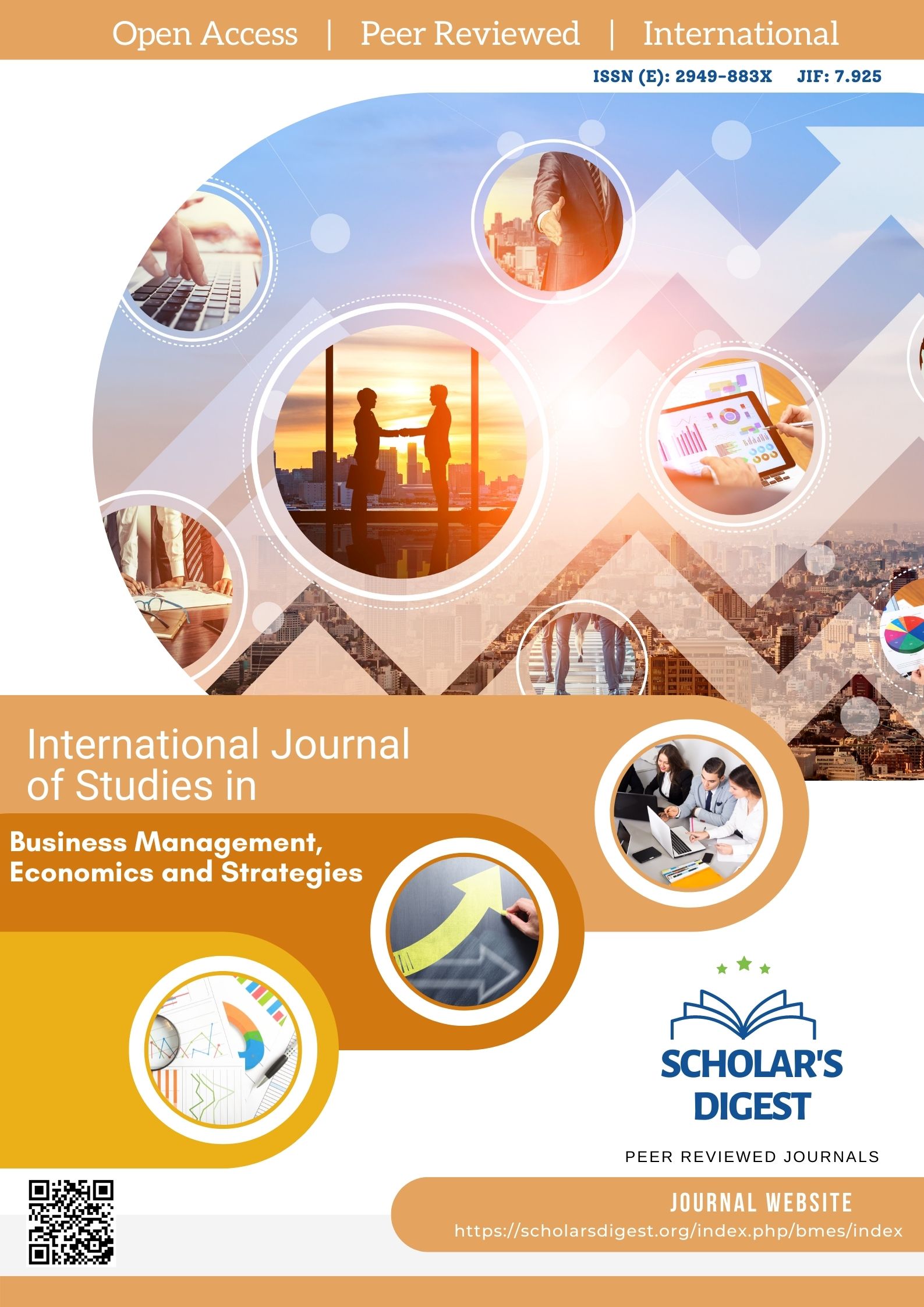THE CHEMICAL IMPACT ON RIVERS AND ITS ROLE IN INCREASING FINANCIAL COSTS ON IRAQI SOCIETY
Keywords:
Water Pollution, Chemical Effects, Gastrointestinal Diseases, Water Purification, Diwaniya Iraq.Abstract
Water pollution is a global problem that holds even greater importance in countries with limited water resources.** This research was conducted using a quantitative-inductive method with the aim of studying the chemical effects on rivers and their role in increasing financial costs on Iraqi society. Chemical test results of water samples were obtained from two stations located in the north and south of the city of Diwaniya, across two time periods: 2020 and 2024. Referring to the Diwaniya Water Organization, the data was collected and analyzed. Using a paired t-test, it was proven that changes in the chemical substances in the water during this period were significant. Thus, it can be definitively stated that the Diwaniya River water in 2024 was more polluted compared to 2020.A ten-question questionnaire, validated for reliability, was distributed among a sample of the population. Sampling was conducted using Cochran's formula, targeting 384 participants, with 300 fully completed questionnaires returned. The significant difference in results for all ten questions over the two periods revealed a meaningful increase in the costs associated with water purification devices and the treatment of diseases caused by water pollution. It can be definitively concluded that the pollution of the Diwaniya River, as the city's main water source, has caused financial pressure on households.
Downloads
Published
Issue
Section
License

This work is licensed under a Creative Commons Attribution-NonCommercial 4.0 International License.








